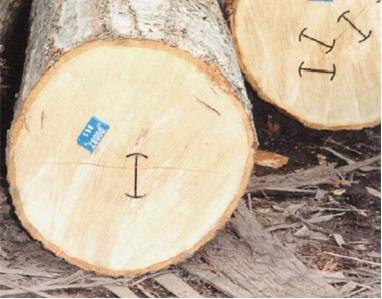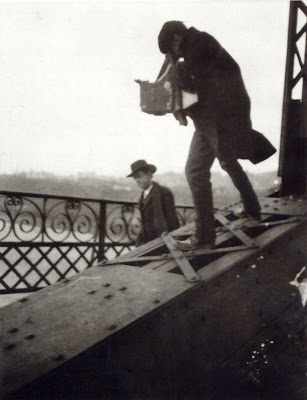by Sharon Olds
But I love the I, steel I-beam
that my father sold. They poured the pig iron
into the mold, and it fed out slowly,
a bending jelly in the bath, and it hardened,
Bessemer, blister, crucible, alloy, and he
marketed it, and bought bourbon, and Cream
of Wheat, its curl of butter right
in the middle of its forehead, he paid for our dresses
with his metal sweat, sweet in the morning
and sour in the evening. I love the I,
frail between its flitches, its hard ground
and hard sky, it soars between them
like the soul that rushes, back and forth,
between the mother and father. What if they had loved each other,
how would it have felt to be the strut
joining the floor and roof of the truss?
I have seen, on his shirt-cardboard, years
in her desk, the night they made me, the penciled
slope of her temperature rising, and on
the peak of the hill, first soldier to reach
the crest, the Roman numeral I--
I, I, I, I,
girders of identity, head on,
embedded in the poem. I love the I
for its premise of existence--our I--when I was
born, part gelid, I lay with you
on the cooling table, we were all there, a
forest of felled iron. The I is a pine,
resinous, flammable root to crown,
which throws its cones as far as it can in a fire.








And like that, poetry month is over. Hopefully next month will yield more blogging time.
Picture-A-Day:

The drive home is sometimes as tedious as a crappy photo.
















































